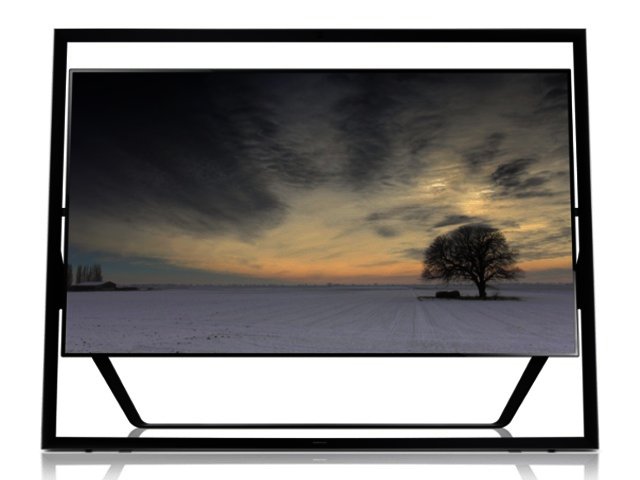TV’s future being shaped by its viewers
By Ryan Noik 28 October 2013 | Categories: news
Apparently, TV lovers’ are not just passive recipients of the programming they are dished up, but rather, their needs and demands are having a direct influence on how television’s are used.
According to Samsung, two significant trends in this regard are general users’ reliance on both connectivity and convergence.
Lance Berger, head of product marketing TV/AV at Samsung Electronics South Africa, explained that innovation in the way people can choose to view their favourite programmes is changing how manufacturers respond to this need. He elaborated that, in the past, users were often dictated to in terms of when and what they watched. “However, the launch of new services such as video on demand has changed this notion forever,” he added.
The power of convenience
Additionally, according to Berger, convergence of the internet, TV and video into one service has now put the viewing choice firmly in the hands of the consumer. He acknowledged that while some people are comforted by visiting a video store and selecting what they want to see; he asserted that there is also a growing appetite for new technology that can reduce the time spent on chores and enable them to do what they want, when they want.
This he ascribes to people’s schedules becoming increasingly busy. Furthermore, the convenience factor is also a strong influence, with video on demand services enabling consumers to rent or purchase the latest Hollywood blockbuster, at the click of a button.
Additionally, Berger pointed out that users can also decide how long they wish to keep the content for, either from two days to a month, meaning they are not forced to view the content on the same day.
A view to the future
What all this boils down to in Berger’s view is that video on demand is being becoming increasingly popular, and more significantly, is being considered the future of television viewing.
“With rental prices starting from as little as R10 and purchase prices from R29, video on demand is becoming both a practical and economical option for many people – and the digital element means space is not taken up around the home with DVD boxes,” he commented.
What’s more, the future looks bright for the growth of this trend, particularly as bandwidth continues to improve in South Africa – and general users gain access to higher speed internet at home – which would enable them to download content quickly and effortlessly.
Response, please!
Thus, in response to these influences and trends, Samsung has launched Video Hub, a video on demand platform, across its mobile devices as well as its range of Smart TVs, to ensure that its users can always view their favourite content wherever they are. “As technology continues to evolve, these developments ensure that consumers have a choice in designing their own lives and their experience when relaxing at home is as meaningful and purposeful as possible,” he enthused.
Additionally Berger added that Samsung has also partnered with Telkom to combine landline rental, ADSL installation for new customers and a Wi-Fi modem, as well as delivery and installation of a Samsung Smart TV, “in a full holistic solution that enables them to enjoy video on demand immediately.”
To the point
While video-on-demand and greater convenience are certainly boons for general users, it does bring an interesting quandary as to what this means for advertisers and TV stations. With the former relying on these much maligned TV commercials, while the latter’s historic purpose has been to tell people what they can watch and when, it will be interesting to see what business models emerge when neither need be in the picture.
Most Read Articles

Have Your Say
What new tech or developments are you most anticipating this year?



